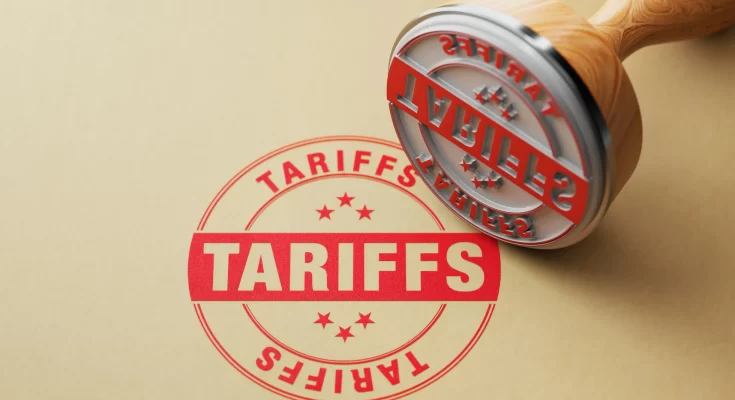South Africa Pushes for Tariff Extension Amid Ongoing U.S. Trade Negotiations. South Africa’s Department of Trade, Industry and Competition has recently confirmed that it has formally requested an extension of the July 9 deadline set by the United States for new tariff measures.
This move follows the imposition of a 31% tariff on U.S. imports from South Africa announced by the Trump administration in April under its “reciprocal trade” policy. The implementation of the tariff was temporarily suspended for 90 days to allow for further negotiations.
Key Focus: Tax Burden and Trade Relief
South African trade officials are seeking more time to negotiate a trade arrangement that could shield crucial exports—such as automobiles, car parts, aluminium, and steel—from the high-duty regime.
According to the department, South Africa has also proposed a worst-case scenario cap of 10% on applicable tariffs, should full exemption not be secured.
In an effort to sweeten the negotiation, the country has indicated willingness to purchase liquefied natural gas from the U.S., as part of a reciprocal trade offer that would serve the interests of both countries.
Engagements with U.S. Trade Representatives
The ministry stated that discussions with U.S. officials remain ongoing. Notably, South African delegates recently met with Assistant U.S. Trade Representative for Africa, Connie Hamilton, in Luanda.
During the meeting, it was revealed that the U.S. is currently working on a standardized framework—or template—for its future trade negotiations with African nations.
The department emphasized that this development necessitates an extension of the deadline.
“In view of this development, African countries, including South Africa, have called for an extension of the 90-day window to prepare their proposals using the new engagement template,” the ministry stated.
As of the time of reporting, the U.S. Trade Representative’s office had not issued a formal response to South Africa’s extension request.
Ghana Implements New Tax Measures as GRA Targets Informal Sector, Excise Duties
Tax Implications and Economic Concerns
South Africa’s government has voiced concerns about the potential economic fallout if the tariffs take effect without a deal in place.
In addition to manufactured goods, the country exports a variety of agricultural products to the United States. Analysts warn that the citrus industry alone could suffer job losses of up to 35,000 if duties are applied indiscriminately.
The potential tariff hike also poses a direct threat to tax revenues generated from the export sector. Increased export costs and diminished global competitiveness could lead to a contraction in taxable profits across affected industries, further impacting South Africa’s fiscal stability.
Trade Policy at a Crossroads
Trade Minister Parks Tau urged South African businesses, especially exporters, to remain calm and avoid making abrupt decisions amid uncertainty.
“We urge South African industry to exercise strategic patience and not act in haste,” he said. “The government remains committed to using all diplomatic and policy channels to arrive at an amicable resolution with the U.S.”
Diplomatic Efforts Continue
President Cyril Ramaphosa had earlier tabled the proposal for a revised trade agreement during his visit to the White House in May.
Despite initial tensions, including controversial and false remarks by former President Trump regarding alleged “white genocide” in South Africa, both sides reportedly engaged in constructive dialogue.
The South African government is positioning this negotiation as not just a trade issue, but a strategic tax and revenue challenge with broader economic implications.
Conclusion
As the July 9 tariff deadline approaches, South Africa’s appeal for an extension underscores the urgency of reaching a balanced, tax-considerate agreement.
The outcome of this negotiation will likely impact not only bilateral trade volumes but also long-term revenue projections, investment climate, and the broader economic relationship between the two nations.




